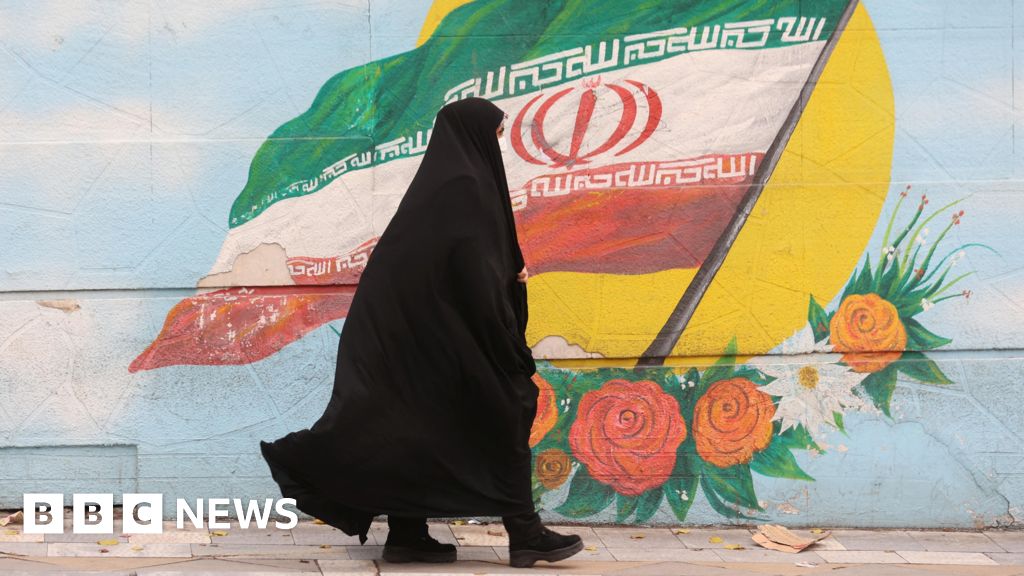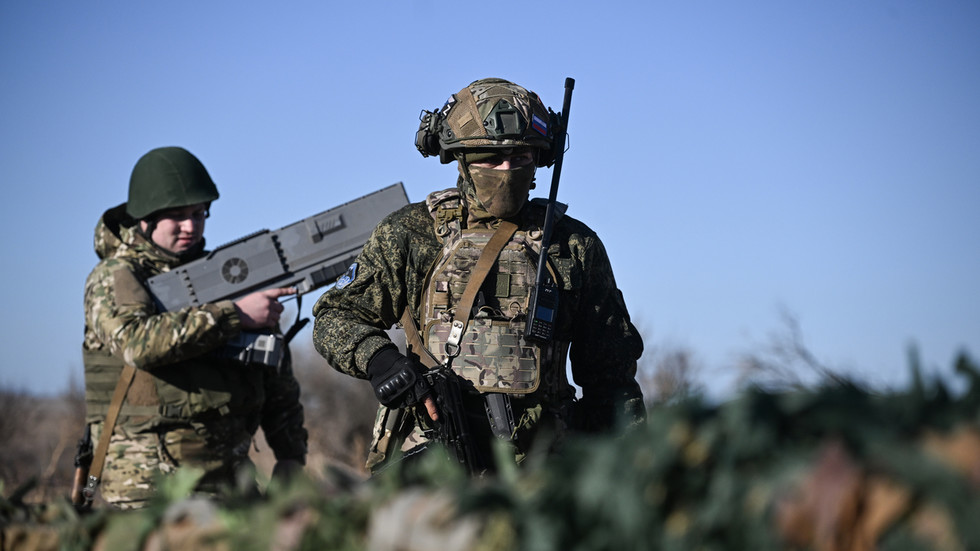
A poster of Bashar al-Assad is defaced with red paint on a wall in Damascus, Syria, on Dec. 11. Claire Harbage/NPR hide caption
toggle caption
Claire Harbage/NPR
DAMASCUS, Syria — Former Syrian President Bashar al-Assad is believed to have issued his first remarks since opposition forces took over Syria more than a week ago, claiming his departure from the country was "neither planned nor did it occur in the final hours of the battles" against the rebel forces he calls "terrorists."
The statement attributed to Assad was posted in English on the deposed Syrian presidency's account on the Telegram messaging app, dated Dec. 16, from Moscow. The Telegram post said there had been "several unsuccessful attempts to release the statement via Arabic and international media outlets."
It claims he fought beside the army to the very end "just meters from terrorists in the most dangerous and intense battlefields."
As the rebel forces entered the capital on Dec. 8, the statement says, Assad moved to a military airbase in the port city of Latakia in coordination with his Russian allies.
The statement goes on to say that upon arrival at the base, it was clear that his army had withdrawn from all battle lines and all their positions had fallen. It says that Moscow then arranged an immediate evacuation that evening as the base came under drone attacks.
"At no point during these events did I consider stepping down or seeking refuge, nor was such proposal made by any individual or party," the statement says. "The only course of action was to continue fighting against the terrorist onslaught."
The Assad regime fell just over a week ago when rebel forces led by jihadist group Hayat Tahrir al-Sham, or HTS, stormed Damascus. The leader of HTS is Ahmad al-Sharaa, formerly known by his nom de guerre Abu Mohammed al-Jolani, who has a $10 million U.S. bounty on his head and is designated as a terrorist by the United States.
Sharaa has made some appearances since his group's victory, asking the international community to assist Syria and send aid.
But countries are grappling with how to interact with Syria's interim leadership. The European Union set out conditions on Monday for lifting sanctions that have devastated the Syrian economy. The EU said it wants guarantees that the interim Syrian government is planning a peaceful political transition which includes minorities.

 3 hours ago
3
3 hours ago
3









